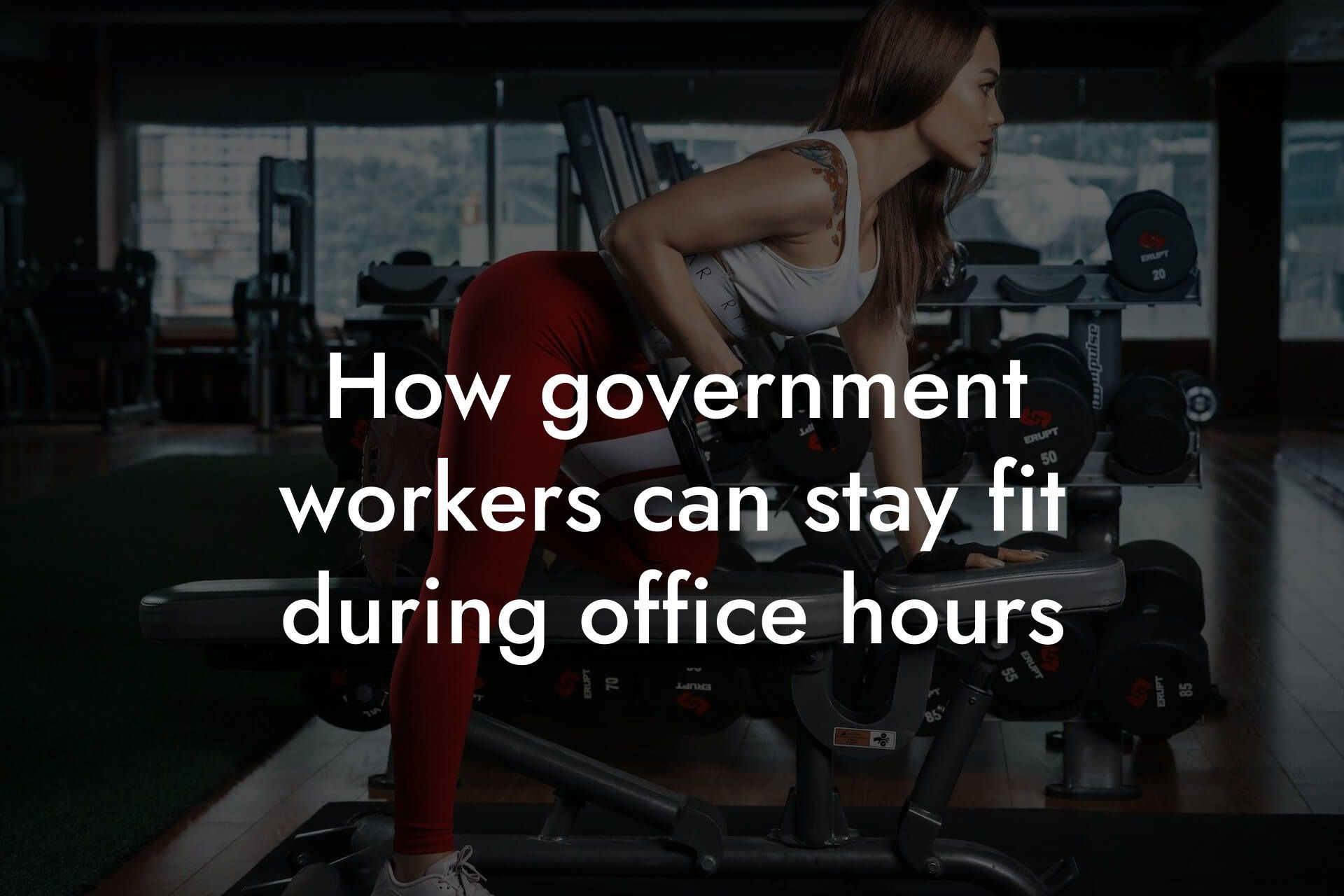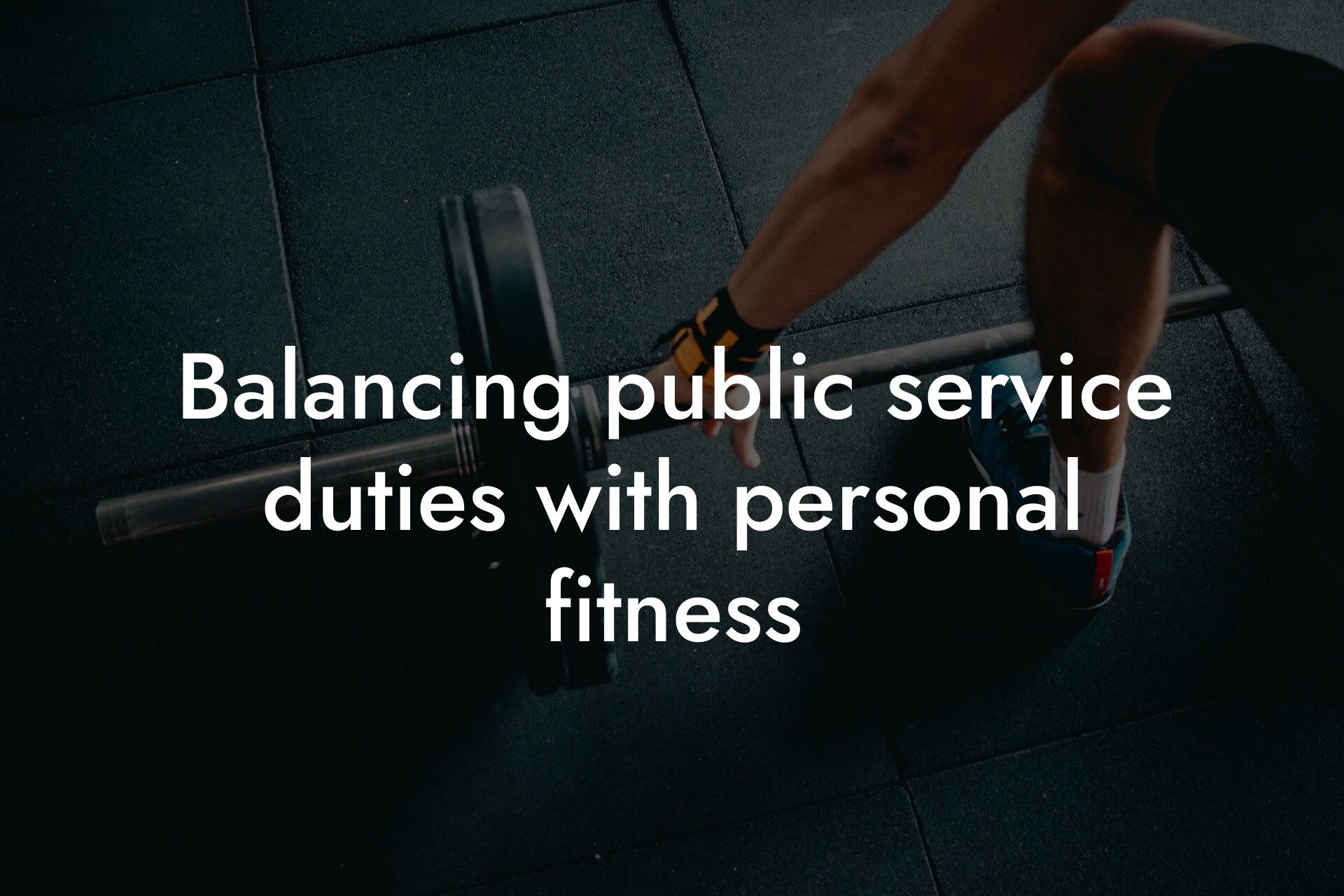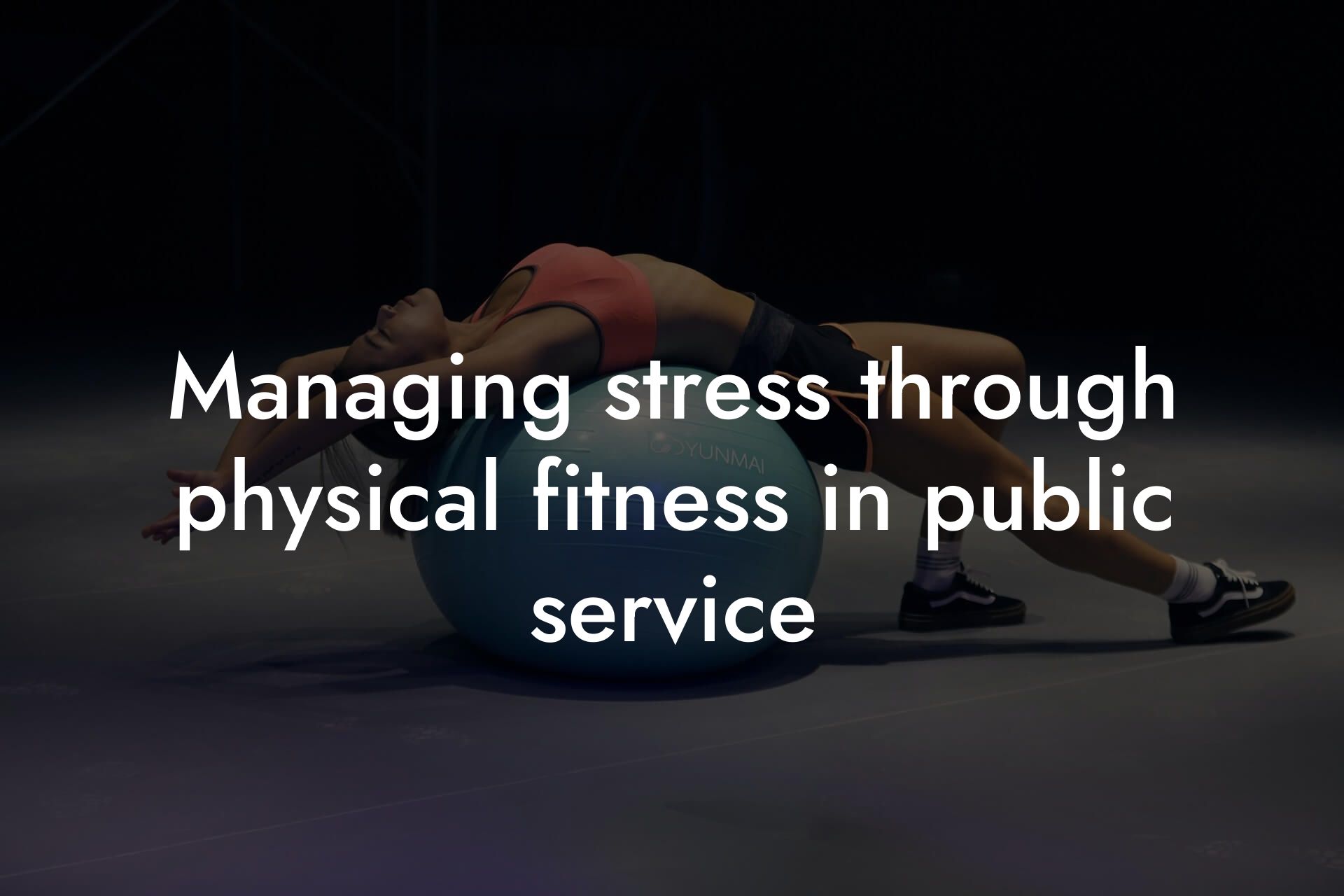As a high-earning professional, you understand the importance of staying focused and energized during long meetings. A single slip-up can cost you a deal, a promotion, or even a client. At Tano Performance Group, we believe that optimal nutrition plays a crucial role in maintaining your physical and mental performance. In this article, we'll provide you with expert nutrition tips to help you power through those marathon meetings and stay on top of your game.
Table of Contents
Understand Your Body's Energy Needs
Before we dive into the nutrition tips, it's essential to understand how your body uses energy. When you're in a meeting, your brain is working overtime, processing information, and making decisions. This mental activity requires a steady supply of glucose, which is your brain's primary source of energy. However, your body's energy stores are limited, and if you don't replenish them, you'll start to feel fatigued, sluggish, and unfocused.
Hydrate, Hydrate, Hydrate
Dehydration is a silent energy killer. Even mild dehydration can impair your cognitive function, leading to decreased focus, attention, and memory. Make sure to drink plenty of water throughout the meeting. Aim for at least 8-10 glasses of water per day, and avoid sugary drinks that can cause energy crashes later. If you're in a meeting that's going to last for hours, consider bringing a refillable water bottle with you.
Choose Complex Carbohydrates
Complex carbohydrates are an excellent source of sustained energy. They're rich in fiber, vitamins, and minerals that help regulate your blood sugar levels and provide a feeling of fullness and satisfaction. Include complex carbohydrates like whole grains, fruits, and vegetables in your meals and snacks. Some excellent options include brown rice, quinoa, whole wheat bread, apples, and leafy greens.
Incorporate Protein-Rich Foods
Protein takes longer to digest than carbohydrates, which means it provides a slower and more sustained release of energy. Include protein-rich foods like lean meats, nuts, seeds, and legumes in your meals and snacks. Greek yogurt, hard-boiled eggs, and cottage cheese are also excellent sources of protein that can help keep you energized and focused.
Healthy Fats Are Essential
Healthy fats like omega-3 fatty acids, avocado, and nuts are essential for maintaining your energy levels. They help regulate your blood sugar levels, reduce inflammation, and provide a feeling of fullness and satisfaction. Include healthy fats in your meals and snacks, and avoid processed and fried foods that can drain your energy.
Avoid Energy-Draining Foods
Some foods can drain your energy levels and make you feel sluggish and unfocused. Avoid or limit foods that are high in sugar, salt, and unhealthy fats. Processed meats, fried foods, and sugary drinks can cause energy crashes, mood swings, and decreased productivity. Opt for whole, nutrient-dense foods that provide sustained energy and support your overall health.
Snack Strategically
Snacking can be a lifesaver during long meetings. However, it's essential to snack strategically to avoid energy crashes and decreased focus. Choose snacks that are rich in complex carbohydrates, protein, and healthy fats. Avoid sugary snacks that can cause energy spikes followed by crashes. Some excellent snack options include fruits, nuts, seeds, carrot sticks with hummus, and energy balls made with oats, nuts, and dried fruits.
Meal Timing Matters
Meal timing can significantly impact your energy levels during long meetings. Eat a balanced meal that includes complex carbohydrates, protein, and healthy fats about an hour before the meeting. Avoid eating too close to the meeting, as this can cause digestive discomfort and decreased focus. If you need to eat during the meeting, opt for light, easy-to-digest snacks that won't distract you from the discussion.
Listen to Your Body
Finally, listen to your body and adjust your nutrition strategy accordingly. If you're feeling fatigued, sluggish, or unfocused, it may be a sign that you need to adjust your diet. Experiment with different foods, snacks, and meal timings to find what works best for you. Remember, everyone's body is different, and it may take some trial and error to find your optimal nutrition strategy.
Frequently Asked Questions
What are the common causes of energy crashes during long meetings?
Energy crashes during long meetings can be caused by a combination of factors, including dehydration, hunger, lack of physical activity, and poor nutrition. Additionally, factors such as stress, boredom, and lack of engagement can also contribute to energy crashes.
How does nutrition play a role in maintaining energy during long meetings?
Nutrition plays a crucial role in maintaining energy during long meetings. Consuming the right foods and drinks can help provide a steady supply of energy, while poor nutrition can lead to energy crashes. A balanced diet that includes complex carbohydrates, protein, and healthy fats can help support energy levels.
What are some healthy snack options for long meetings?
Some healthy snack options for long meetings include nuts and seeds, dried fruits, energy bars, jerky, and fresh fruits. It's also a good idea to bring your own snacks to ensure that you have healthy options available.
How can I stay hydrated during long meetings?
Staying hydrated during long meetings is crucial for maintaining energy levels. Aim to drink at least 8-10 glasses of water per day, and avoid sugary drinks and caffeine that can lead to dehydration. You can also bring a refillable water bottle to the meeting to ensure that you have access to water throughout the day.
What are some tips for avoiding energy crashes during long meetings?
Some tips for avoiding energy crashes during long meetings include taking regular breaks to stretch and move around, getting some fresh air, and eating small, frequent meals throughout the day. Additionally, avoiding sugary and processed foods, and staying hydrated can also help prevent energy crashes.
How can I incorporate physical activity into my daily routine to boost energy levels?
Incorporating physical activity into your daily routine can help boost energy levels and reduce fatigue. Aim to get at least 30 minutes of moderate-intensity exercise per day, and try to incorporate physical activity into your daily routine, such as taking the stairs instead of the elevator or going for a walk during your lunch break.
What are some healthy meal options for energy-boosting?
Some healthy meal options for energy-boosting include oatmeal with fruit and nuts, grilled chicken with quinoa and vegetables, and salmon with brown rice and steamed vegetables. Aim to include a balance of complex carbohydrates, protein, and healthy fats in your meals to support energy levels.
How can I get enough sleep to maintain energy levels during long meetings?
Getting enough sleep is crucial for maintaining energy levels during long meetings. Aim to get at least 7-8 hours of sleep per night, and establish a consistent sleep schedule to help regulate your body's internal clock.
What are some natural energy-boosters that I can try?
Some natural energy-boosters that you can try include green tea, guarana, and ginseng. Additionally, taking breaks to get some fresh air and stretching can also help boost energy levels.
How can I manage stress to maintain energy levels during long meetings?
Managing stress is crucial for maintaining energy levels during long meetings. Try incorporating stress-reducing techniques such as deep breathing, meditation, or yoga into your daily routine. Additionally, taking breaks to stretch and move around can also help reduce stress.
What are some common mistakes that people make when it comes to nutrition and energy levels?
Some common mistakes that people make when it comes to nutrition and energy levels include skipping meals, relying on sugary and processed foods for energy, and not staying hydrated. Additionally, not getting enough sleep and not incorporating physical activity into their daily routine can also lead to energy crashes.
How can I prioritize my nutrition and energy levels when I have a busy schedule?
Prioritizing your nutrition and energy levels when you have a busy schedule can be challenging, but it's crucial for maintaining energy levels. Try meal prepping on the weekends, packing healthy snacks, and scheduling time for physical activity and self-care.
What are some signs that I need to reassess my nutrition and energy levels?
Some signs that you need to reassess your nutrition and energy levels include feeling tired and sluggish, experiencing brain fog, and struggling to concentrate. Additionally, if you're experiencing digestive issues, mood swings, or weight gain, it may be a sign that you need to reassess your nutrition and energy levels.
How can I make healthy choices when eating out or ordering takeout?
Making healthy choices when eating out or ordering takeout can be challenging, but it's not impossible. Try opting for grilled or baked options, choosing whole grains, and avoiding fried and processed foods. Additionally, don't be afraid to ask for modifications or substitutions to make your meal healthier.
What are some healthy alternatives to coffee and energy drinks?
Some healthy alternatives to coffee and energy drinks include green tea, herbal tea, and coconut water. Additionally, incorporating physical activity and taking breaks to stretch and move around can also help boost energy levels.
How can I stay motivated to make healthy choices when it comes to nutrition and energy levels?
Staying motivated to make healthy choices when it comes to nutrition and energy levels can be challenging, but it's crucial for maintaining energy levels. Try setting small, achievable goals, tracking your progress, and rewarding yourself for making healthy choices.
What are some common myths about nutrition and energy levels?
Some common myths about nutrition and energy levels include the idea that sugary and processed foods provide energy, and that skipping meals can help with weight loss. Additionally, the idea that energy drinks and supplements are a quick fix for energy crashes is also a common myth.
How can I get support and accountability when it comes to making healthy choices?
Getting support and accountability when it comes to making healthy choices can be crucial for maintaining energy levels. Try working with a registered dietitian or nutritionist, joining a fitness group or community, or finding a workout buddy to help support and motivate you.
What are some tips for maintaining energy levels during long flights or road trips?
Maintaining energy levels during long flights or road trips can be challenging, but it's crucial for arriving at your destination feeling refreshed and energized. Try staying hydrated, eating small, frequent meals, and incorporating physical activity into your travel routine.
How can I prioritize self-care and stress-reduction when it comes to nutrition and energy levels?
Prioritizing self-care and stress-reduction when it comes to nutrition and energy levels is crucial for maintaining energy levels. Try incorporating stress-reducing techniques such as meditation, yoga, or deep breathing into your daily routine, and prioritize getting enough sleep and taking breaks to relax and recharge.
What are some healthy ways to reward myself for making healthy choices?
Rewarding yourself for making healthy choices can be a great motivator, but it's important to do so in a healthy way. Try rewarding yourself with non-food items such as a massage, a new workout outfit, or a fun activity, rather than relying on sugary or processed foods.
How can I make nutrition and energy levels a priority in my busy life?
Making nutrition and energy levels a priority in your busy life requires commitment and planning. Try setting small, achievable goals, prioritizing self-care, and incorporating healthy habits into your daily routine. Additionally, don't be too hard on yourself if you slip up - simply get back on track and keep moving forward.
Here are some related articles you might love...
- How government workers can stay fit during office hours
- Balancing public service duties with personal fitness
- Managing stress through physical fitness in public service
- How to stay active during legislative sessions
- How DEXA scans can benefit government professionals
- The connection between fitness and public trust
- The role of physical health in community leadership
- The impact of body composition on public service effectiveness
- Quick workouts for government workers on tight schedules
Zak Faulkner
Zak Faulkner is a leading authority in the realm of physical health and body composition analysis, with over 15 years of experience helping professionals optimise their fitness and well-being. As one the experts behind Tano Performance Group, Zak has dedicated his career to providing in-depth, science-backed insights that empower clients to elevate their physical performance and overall health.
With extensive knowledge of DEXA technology, Zak specializes in delivering comprehensive body assessments that offer precise data on body fat, muscle mass, bone density, and overall physique. His expertise enables individuals to make informed decisions and achieve their fitness goals with accuracy and confidence. Zak’s approach is rooted in a deep understanding of human physiology, combined with a passion for helping clients unlock their full potential through personalised strategies.
Over the years, Zak has earned a reputation for his commitment to excellence, precision, and client-focused service. His guidance is trusted by top professionals who demand the best when it comes to their health. Whether advising on fitness programs, nutritional strategies, or long-term wellness plans, Zak Faulkner’s insights are a valuable resource for anyone serious about taking their health and fitness to the next level.
At Tano Performance Group, Zak continues to lead our Content Team revolutionising how professionals approach their physical health, offering unparalleled expertise that drives real results.




